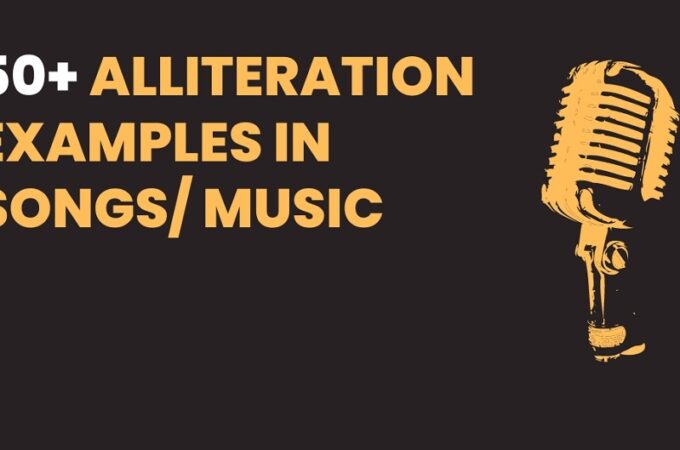
7 tips for using music against stress
Music is one of the best remedies for relieving stress. Whatever our tastes in the matter. And not necessarily special relaxation sounds.
Indeed, everyone has the freedom to listen to music that makes them comfortable.
Besides, you can experience it. Force yourself to listen to relaxation music you hate and analyze what is going on. Chances are, you will become more stressed than before.
So how do we choose what is right for us? What should we do to maximize the calming effects of music and take away stress?
If music helps us change our mood and get rid of stress, it’s because it works on many levels at the same time.
In fact, the entire human energy system is extremely influenced by sound.
What do we feel like an effect?
The anti-stress effects of music act very quickly on us.
When we listen to a song, our breathing increases and becomes deeper. Then, the body produces more serotonin, a molecule essential for our well-being.
We have found that playing background music in the workplace helps reduce stress.
It is also to induce this anti-stress effect that most stores play music while you shop. The goal behind it? Take your attention away from the high prices!
Music also slows down the heart rate and increases body temperature. These are the signs of the onset of relaxation.
Many experts claim that it is the rhythm of the music that has a calming effect on us, even if we are not aware of it.
They remind us that when we were still in our mother’s womb, we were probably influenced by the beating of her heart.
We respond to soothing music later in our lives, perhaps because we associate it with our mother’s safe, relaxing, and protective environment.
How do we choose what is good for us?
Depending on personal taste, music can be calming or irritating.
It is not always easy to choose what works for you.
By doing extensive research into the physiological reaction produced by a few types of lumps, many unexpected facts have been discovered:
- A large number of so-called “meditation and relaxation” recordings produced negative EEGs (electroencephalograms), as did Hard Rock and Heavy Metal.
- Another astonishing result: many selections of Celtic music, traditional American music, but also others containing loud drums or flutes, prove to be extremely soothing.
- The most striking conclusion was that any music played live, even at somewhat high volumes, had a very positive response.
As we have seen, there is no one music that is good for everyone.
The relaxation pieces are very calming for some. For example, the sounds of the ocean in the background of a beautiful melody played on the piano.
But we all have different tastes. It is important that you like the music you put on.
For cons, avoid at all costs sad songs! I remind you that the goal is to relax and act against stress.
The last thing you need is a sad song that brings back memories that you just don’t need.
7 tips for taking action against stress in music
Here are 7 tips you can follow when using music to relieve stress:
- Take a “sound bath” of about 20 minutes
Put some relaxing music on your stereo or MP3 player. Then lie down or sit in a comfortable position on a sofa.
Putting on a helmet helps to deepen the experience and to focus better.
- Choose music with a slow rhythm
The idea is to choose a song that is slower than the natural heart rate which is around 72 beats per minute. In general, music with a repetitive or cyclic pattern seems to be effective.
- While listening to the music, let it wash you away and cleanse you from the stresses of everyday life.
Concentrate on your breathing, letting it deepen, slow down, and become regular.
Concentrate on the silence between musical notes. This prevents you from analyzing the music and makes the relaxation more complete.
- Listen to faster music to stimulate you
If you need stimulation after a day’s work, pick up music that is faster paced than slow, calming melodies.
Turn up the volume and DANCE! It doesn’t matter if you can dance or not.
Just move to the beat of the music and do what feels right for you. You will be amazed at the feeling of liberation you will have!
- When you are down, take the music you know well
Music from your childhood or one of the old songs that you particularly like.
What is familiar often brings calm, comfort, or even energy. The main thing is that it gives you morale.
- Take walks with your favorite songs in your walkman
Breathe in and out to the beat of the music. Let yourself be carried away by it.
It is a very good anti-stress method because it combines physical exercise (brisk walking), imagination, and music.
- Try to walk for 15 to 20 minutes if you are near the sea or a forest.
Let yourself be carried away by the rhythm of the waves or the thousand rustlings of the forest to reduce your stress.





